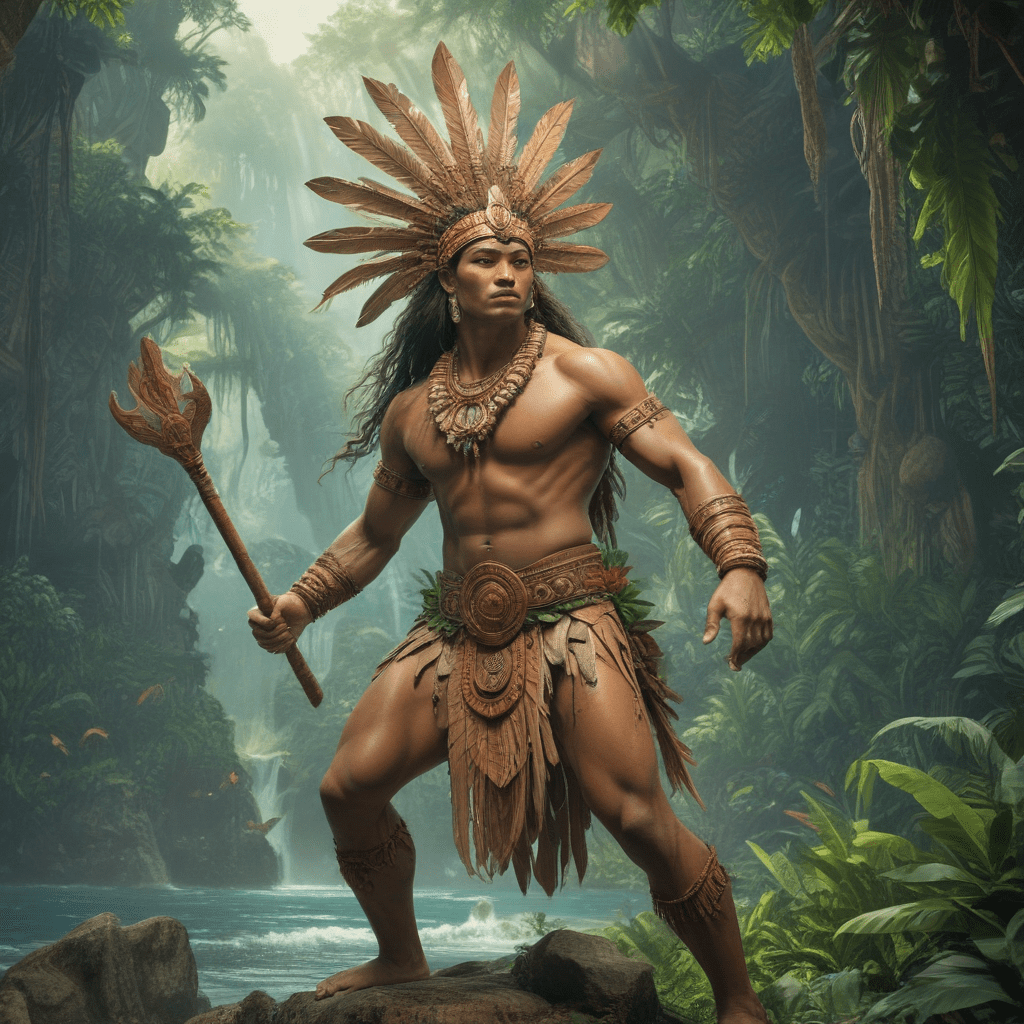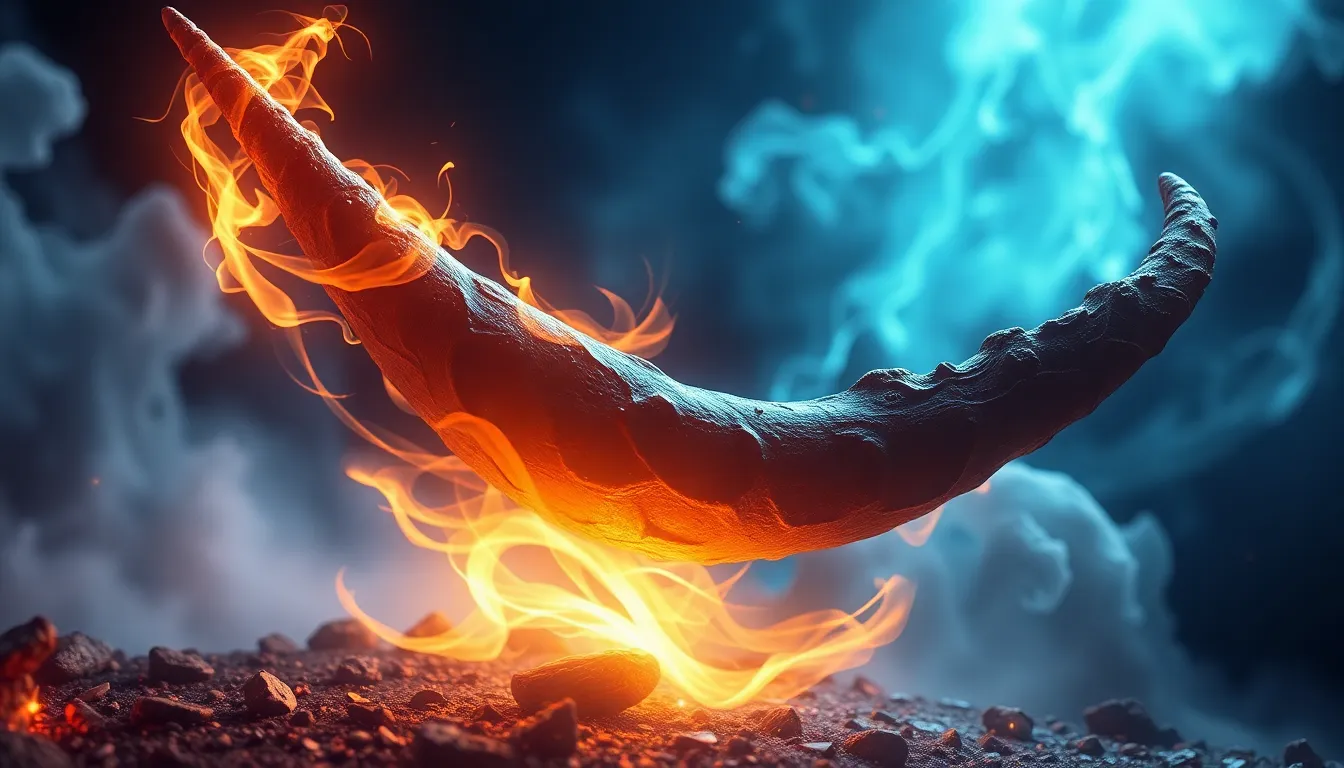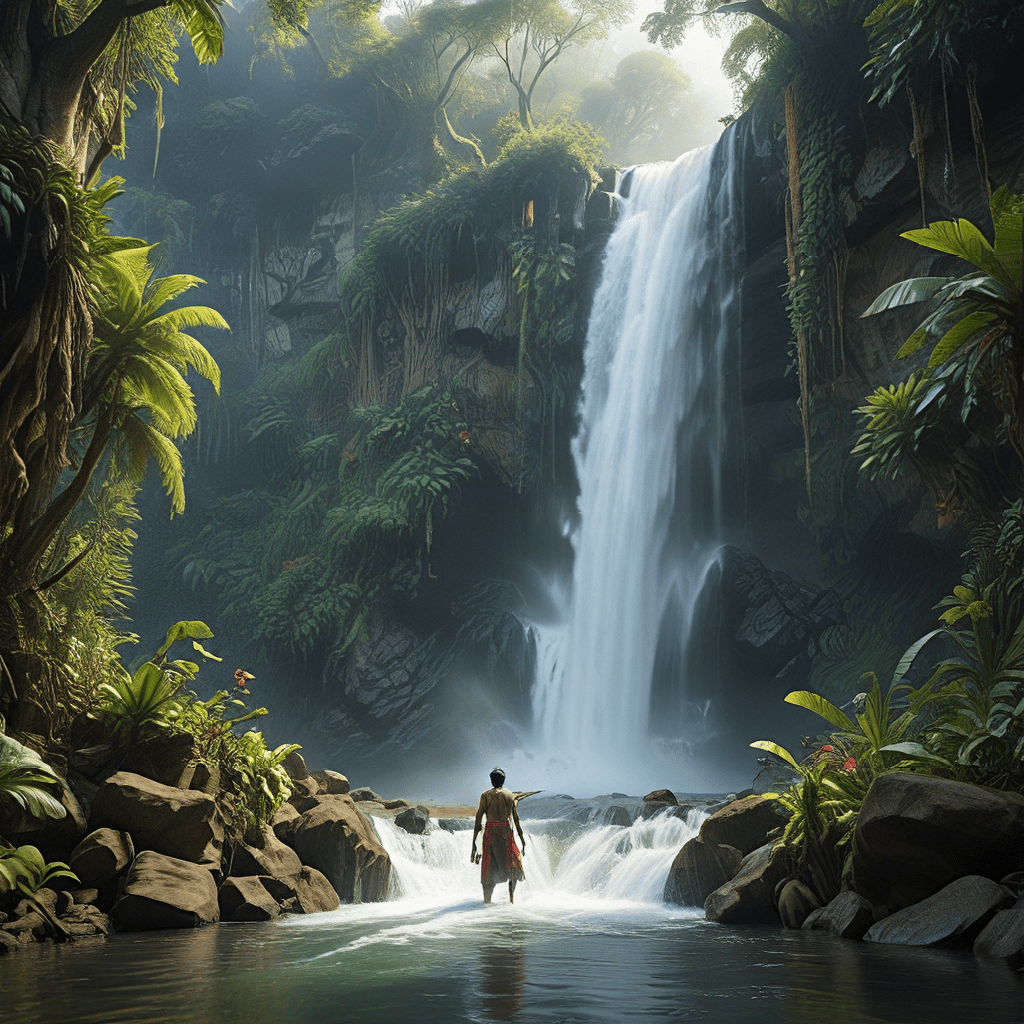The Role of Elders in Passing Down Australian Aboriginal Mythology
1. The Significance of Elders in Aboriginal Culture
In the rich tapestry of Australian Aboriginal culture, elders hold a profound and revered position. As the custodians of ancestral knowledge and traditions, they play a pivotal role in preserving and transmitting the sacred mythology that has shaped the identity and worldview of Aboriginal peoples for millennia. These wise and respected elders are the living repositories of their community's past, present, and future.
2. Oral Tradition: Storytelling as a Pedagogical Tool
Aboriginal mythology has been passed down through generations primarily through oral tradition. Storytelling is not merely a form of entertainment but an integral part of the educational process. Elders skillfully weave tales of creation, Dreamtime beings, and ancestral heroes, captivating their listeners with vivid imagery and symbolic narratives. These stories serve as a repository of cultural knowledge, transmitting essential values, beliefs, and the intricacies of the Dreaming.
3. The Dreamtime and its Connection to Mythology
The Dreamtime, a central concept in Aboriginal spirituality, is an interconnected realm where past, present, and future merge. It is a time out of time, where ancestral beings shaped the landscape and established the laws and customs that govern Aboriginal life. Aboriginal mythology is deeply intertwined with the Dreamtime, revealing the sacred origins and interrelationships of all living things.
4. The Guardians of Sacred Knowledge: Elders as Custodians
Elders are the guardians of sacred knowledge, entrusted with the preservation and dissemination of ancient teachings. They possess a deep understanding of the land, its spiritual significance, and the rituals and ceremonies that maintain harmony within the community. As custodians of this sacred knowledge, elders ensure that the traditions and beliefs of their ancestors are passed down to future generations.
5. Cultural Identity and the Transmission of Mythology
Aboriginal mythology is not merely a collection of stories but a vital part of Aboriginal cultural identity. It provides a sense of belonging, purpose, and connection to the land and community. By passing down mythology, elders play a crucial role in fostering a sense of cultural continuity and ensuring that the unique heritage of Aboriginal peoples is preserved for generations to come.
6. The Role of Rituals and Ceremonies in Preserving Mythology
Rituals and ceremonies play a vital role in preserving Aboriginal mythology. These sacred practices are often performed by elders to connect with the Dreamtime and honor ancestral beings. Through these rituals, mythology is reenacted, reinforcing its significance and ensuring its continuity.
7. The Importance of Kinship: Intergenerational Knowledge Transfer
Kinship is a cornerstone of Aboriginal society, providing a network for knowledge sharing and cultural transmission. Elders play a crucial role in passing down mythology to younger generations through storytelling, practical demonstrations, and mentorship. This intergenerational knowledge transfer ensures the preservation of cultural heritage.
8. Challenges and Threats to Cultural Continuity
Aboriginal mythology faces challenges and threats, including the impacts of colonization, assimilation, and globalization. Elders are actively working to address these challenges by advocating for cultural rights, promoting language revitalization, and supporting youth involvement in cultural activities.
9. Elder Mentorship Programs: Preserving Traditional Practices
Elder mentorship programs have emerged as a vital strategy to preserve traditional practices and knowledge. These programs pair experienced elders with younger members of the community, fostering a dynamic exchange of skills, knowledge, and cultural understanding.
10. The Contribution of Elders to Contemporary Australian Society
Elders are not only custodians of the past but also active contributors to contemporary Australian society. They are advocates for reconciliation, provide guidance on social issues, and share their wisdom with non-Indigenous Australians, fostering greater cultural understanding and appreciation.
FAQ
Q: Why are elders so important in Aboriginal culture?
A: Elders are the custodians of sacred knowledge, transmitters of mythology, and guardians of cultural traditions. They play a vital role in preserving cultural identity and ensuring the continuity of Aboriginal heritage.
Q: How do elders pass down mythology?
A: Elders use storytelling, rituals, ceremonies, and intergenerational knowledge transfer through kinship networks to pass down mythology to younger generations.
Q: What are some challenges to preserving Aboriginal mythology?
A: Challenges include colonization, assimilation, globalization, and language loss. Elders are actively working to address these challenges through advocacy, language revitalization, and cultural transmission programs.
Q: How do elders contribute to contemporary Australian society?
A: Elders are advocates for reconciliation, provide guidance on social issues, share their wisdom with non-Indigenous Australians, and foster greater cultural understanding and appreciation.



